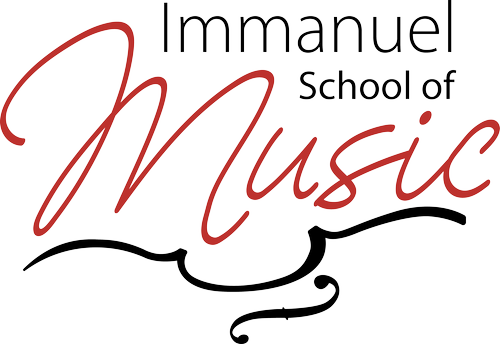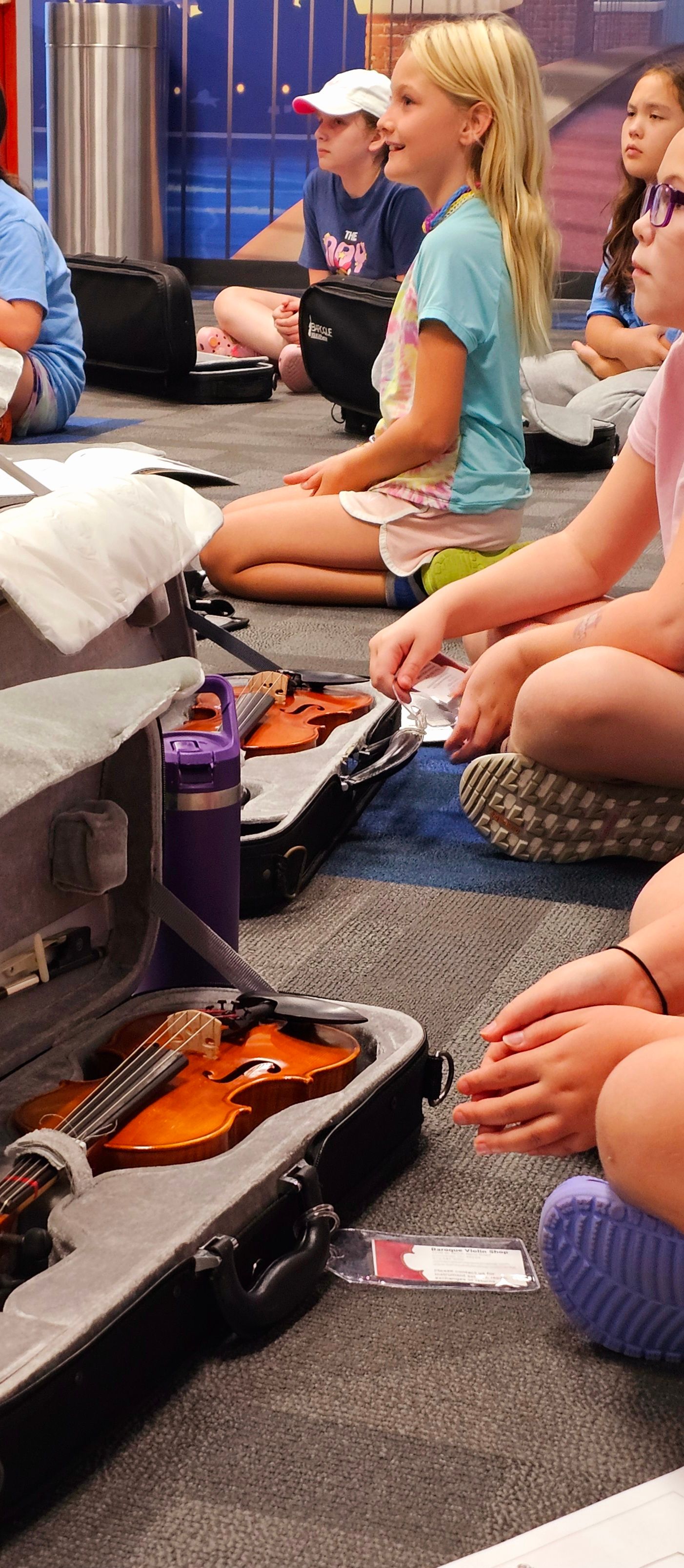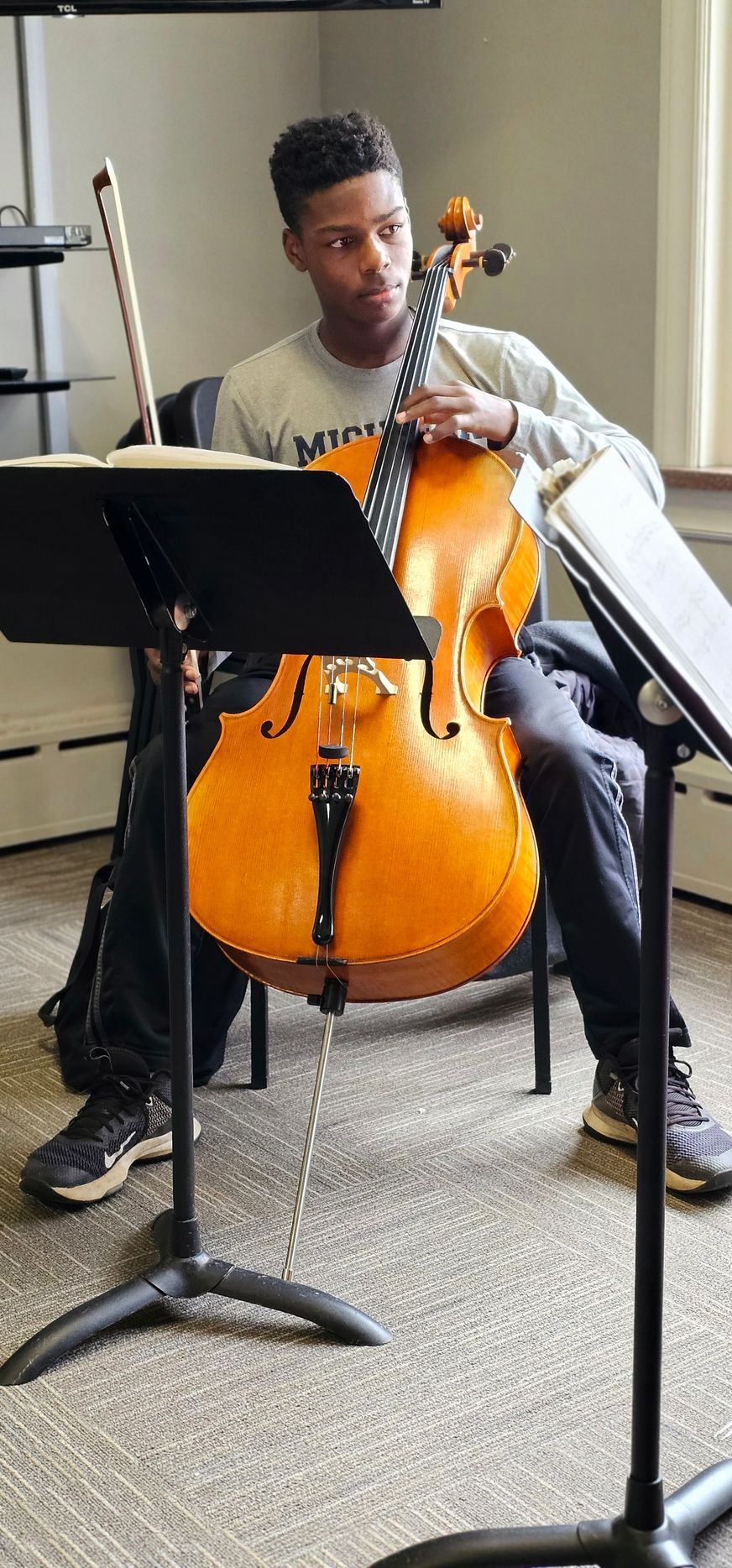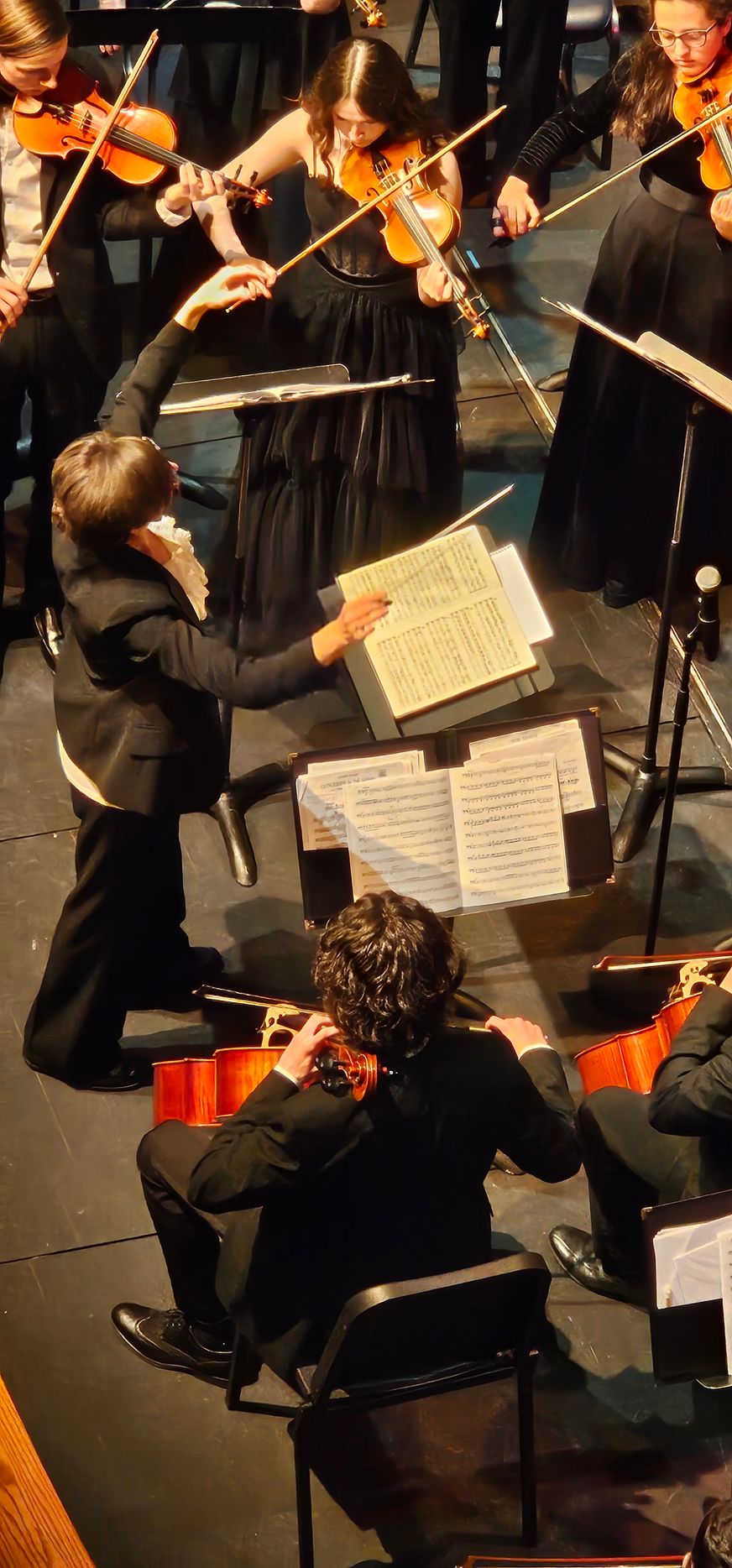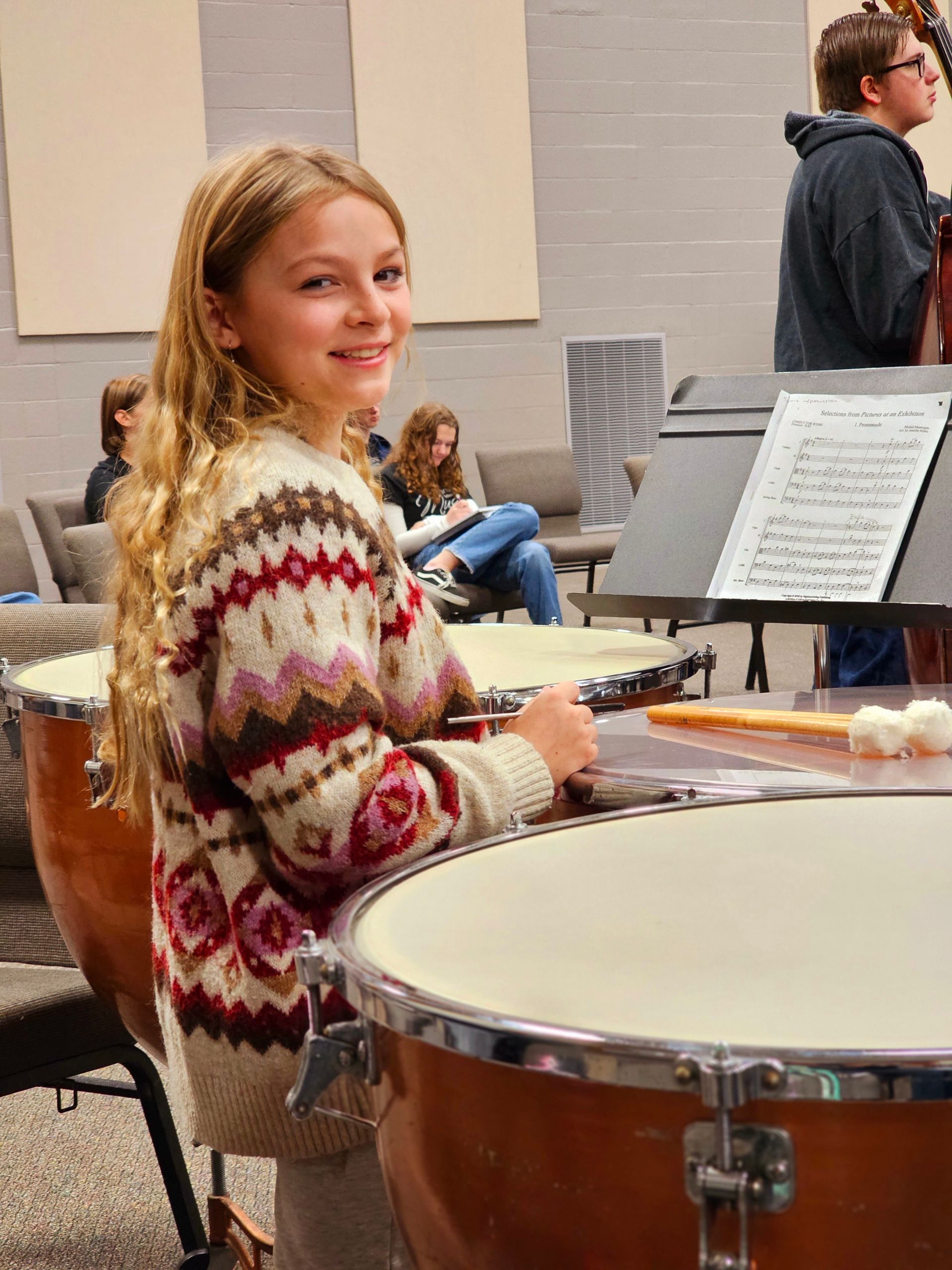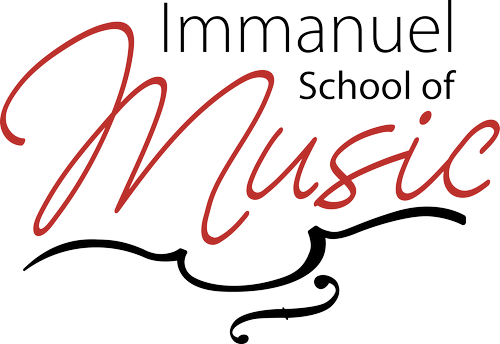IMMANUEL SCHOOL OF MUSIC Programs
Rhythmic Studies
Take your musical skills to the next level. No previous experience required.
Offered as Private Lessons and "Pop-Up" Events.
Location: Central Campus
All ages - instrumentalists, vocalist, and musical levels welcomed.
About Rhythmic Studies: Rhythm is universally used in every form of music both instrumentally and vocally. Get ready to count, tap out rhythms, move, and feel the beat.
*Contact the ISM Office to inquire or request a Rhythmic Studies "Pop-Up" Event: ismoffice@immanuel-nky.org
Note: "Pop-Up" Event Topics are subject to change. Additional topics may be added upon request. A minimum number of students is required per "Pop-Up" Event.
Ready to start your journey of becoming a Rhythmic Guru? Rhythm is used in every form of music (instrumentally & vocally). Gain a deeper understanding of rhythm. Increase confidence playing your music. Rhythmic Studies meets your needs at your current musical level.
"Pop Ups" Events
Sample List:
- Group Lessons
- Percussion Demonstrations
- Small and Large Group Workshops
- Small Ensemble Rehearsals
- Rhythmic Prep for Auditions
- Cross-Generational Jam
- Cross-Generational Events
- Rhythmic Dictation
- Sight-Reading Rhythms
- Practice Techniques
- Rhythmic Analysis
- Hacky-Sac Rhythmic Fun & Games
- Rhythm & Movement
- Rhythm Drills & Metronome Usage
- Developing Rhythmic Hand Independence
- Percussion Techniques & Methods
- Percussive Exploration
- Basic Percussion Composition
- Music in a Flash (Rhythm Flash Card Games)
- Music Math & Rhythm
- Mindful Drumming
- Percussion Ensemble
- Small Ensemble
- Drumline 101
- Unplugged Christian Rock Jam
- Unplugged Jam
We explore and focus on:
- Rhythmic Reading of Notes (values, duration, rests, divisions, and subdivision)
- Reading and Understanding Simple meters, Compound meters, and Syncopation
- Bringing Rhythm to life with motion
- Music Math (dissect music mathematically)
- Rhythmic Sight-Reading Skills looking at music linearly
- Multiple ways to practice, play & rewrite rhythmic phrases
- Metronome usage
- Rhythmic Analysis (we use your current audition excerpts, private lesson, or groups music)
- Benefits of Rhythmic Studies
Benefits of Rhythmic Studies.
Will taking Rhythmic Studies benefit my private lessons and ensemble experience?
Absolutely!
Enhance your musical skills and gain a deeper understanding of rhythm. Rhythmic Studies uses a variety of techniques to help students excel in their current music lessons, as a soloist and an ensemble player.
Who should take Rhythmic Studies?
All ages and abilities can benefit musically. Ask yourself:
- Have I ever been confused about reading music or wished I had a music tutor?
- Am I unsure how to count specific rhythmic phrases or understand a time signature?
- Do I want to understand the math involved behind the rhythms in music?
- Do I want to sharpen my Rhythmic Sight-Reading Skills?
- Do I want to explore and learn how to rewrite rhythms in multiple ways?
- Do I have difficulty staying on the beat or the off-beat with a metronome?
- Do I need help rhythmically with audition excerpts or a piece of music I am currently rehearsing?
- Am I ready to take my music abilities to the next level?
If you answered YES to any of those questions, then Rhythmic Studies is for you!
Concepts Covered by Level
Beginner - (Adagio pace)- focus on building a basic strong rhythmic foundation
- Simple Meter 2/4, 4/4
- Whole, Half, Quarter & Eighth notes
- Rests
- Basic Syncopation (off beats)
- Feel the Rhythm with Movement
- Basic Rhythmic Reading/Playing & challenges
- Basic Tempo Markings / Metronome Use
- Simple Rhythmic Analysis
Standard - (Andante pace)- basic building rhythmic foundation already in place
- Simple Meter 2/4, ¾, 4/4
- Compound Meter: 6/8
- Whole, Half, Quarter, Eighth, sixteenth, triplet notes & rests
- Dots, Ties
- Basic Syncopation (off beats)
- Feel the Rhythm with Movement
- Basic Rhythmic Reading/Playing & challenges
- Basic Tempo Markings / Metronome Use & bps
- Rhythmic Analysis
- Intermediate-Advanced - (Moderato pace)- strong rhythmic foundation already in place
- Simple Meter (Simple Duple 2/8, 2/4, 2/2, Simple Triple ⅜, ¾, 3/2, Simple Quadruple 4/8, 4/4, 4/2)
- Compound Meter 6/8, 9/8, 12/8 and Complex Meter 5/4
- Whole, Half, Quarter, Eighth, sixteenth, triplet, notes & rests & beyond
- Syncopation, Basic Polyrhythms, Triplet and Duplet
- Feel the Rhythm with Movement
- Rhythmic Reading/Playing & challenges
- Tempo Markings / Metronome Use & bps
- Rhythmic Analysis
Advanced+ - (Allegro pace) - solid rhythmic foundation already in place
- Simple Meter (Simple Duple 2/8, 2/4, 2/2, Simple Triple ⅜, ¾, 3/2, Simple Quadruple 4/8, 4/4, 4/2)
- Compound Meter (Compound Duple 6/8, 6/4, Compound Triple 9/16, 9/8, 9/4, Compound Quadruple 12/16, 12/8, 12/4)
- Complex Meter 5/4, 7/4
- Whole, Half, Quarter, Eighth, sixteenth, triplet, notes & rests & beyond
- Syncopation
- Triplet, Duplet, Polyrhythms
- Feel the Rhythm with Movement
- Rhythmic Reading/Playing & challenges
- Tempo Markings / Metronome Use & bps
- Terms for Change in Tempo
- Rhythmic Analysis
